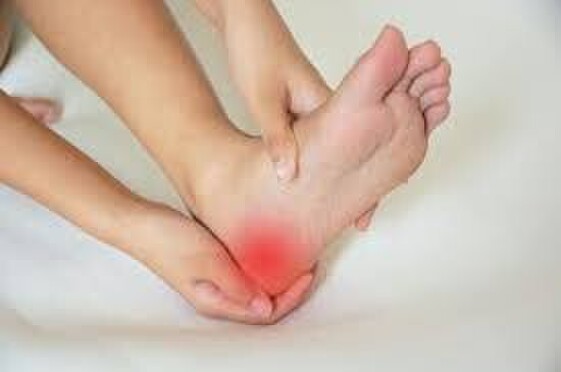Self-Management Strategies for Plantar Heel Pain
Self-Management Strategies for Plantar Heel Pain
Plantar heel pain — often linked to conditions like plantar fasciitis — is one of the most common causes of foot pain. It can feel like a sharp, stabbing pain in your heel when you first step out of bed in the morning or after long periods of sitting.
The good news? While professional assessment is always recommended, there are several self-management strategies you can start at home to relieve symptoms and support recovery. At Foot Foundation, our podiatrists and physiotherapists guide patients in Auckland, Hamilton, and Tauranga through evidence-based approaches for heel pain relief.
What Causes Plantar Heel Pain?
Plantar heel pain usually develops from overload of the plantar fascia — a thick band of tissue that supports the arch of your foot. Risk factors include:
Sudden increases in activity or training load
Poor footwear or worn-out shoes
Tight calf muscles or reduced ankle mobility
Long hours standing or walking on hard surfaces
High body weight or changes in biomechanics
Self-Management Strategies
1. Footwear Choices Matter
Worn-out shoes are one of the biggest contributors to heel pain. Supportive footwear with cushioning and arch support reduces strain on the plantar fascia.
Choose shoes with a firm midsole and slight heel raise.
Avoid flat, unsupportive shoes (e.g., jandals or ballet flats).
Replace runners every 600–800 km or sooner if worn down.
2. Load Management & Activity Modification
Completely resting the foot is rarely effective. Instead, reduce aggravating activities (long runs, hard-surface walking) and replace them with low-impact options like cycling, swimming, or cross-trainer sessions. Gradually return to full activity once symptoms ease.
3. Stretching & Mobility Work
Tight calf and plantar fascia tissues increase heel strain. Daily stretching helps restore mobility:
Calf stretch: Stand facing a wall, keep your heel down and knee straight, lean forward for 30 seconds.
Plantar fascia stretch: Cross your leg, pull your toes back towards your shin, hold for 20–30 seconds.
Foam rolling: Gently roll the calf muscles to release tightness.
4. Strengthening Exercises
Research shows that progressive loading of the plantar fascia and calf muscles supports long-term recovery. Try:
Towel curls or picking up marbles with your toes
Calf raises (progressing from bodyweight to weighted)
Short-foot exercise (lifting the arch without curling toes)
These strengthen the intrinsic foot muscles and reduce plantar fascia strain.
5. Icing & Pain Relief
Applying an ice bottle or frozen water bottle under the foot for 10–15 minutes can ease pain and inflammation, especially after activity. Over-the-counter anti-inflammatories may also help in the short term (check with your GP or pharmacist first).
6. Night Splints & Taping
Some people benefit from night splints that keep the plantar fascia gently stretched overnight. Podiatry taping techniques can also provide short-term relief, supporting the arch and reducing strain during the day.
7. Weight Management & Lifestyle Factors
Even small changes in weight can reduce pressure on the plantar fascia. Maintaining a healthy weight, improving general fitness, and monitoring daily step counts can all help manage heel pain.
When to Seek Professional Help
Self-care is a great starting point, but if your heel pain lasts more than a few weeks, or worsens despite these strategies, book an appointment with a podiatrist or physiotherapist. At Foot Foundation, we can provide:
Biomechanical assessment & gait analysis
Custom orthotics
Shockwave therapy
Targeted loading programmes
Footwear recommendations tailored to your lifestyle
Takeaway
Plantar heel pain is common, but highly treatable. By combining supportive footwear, load management, stretching, and strengthening, many people experience significant improvement. The key is consistency — small daily habits add up to long-term relief.
Book Your Appointment
Looking for help with plantar heel pain, plantar fasciitis, or heel spurs? Our podiatry team at Foot Foundation can help you get back on your feet, pain-free.
📞 Call us on (07) 949 7607 or (09) 922 6830
📧 Email reception@footfoundation.co.nz
🌐 Book online at www.footfoundation.co.nz


